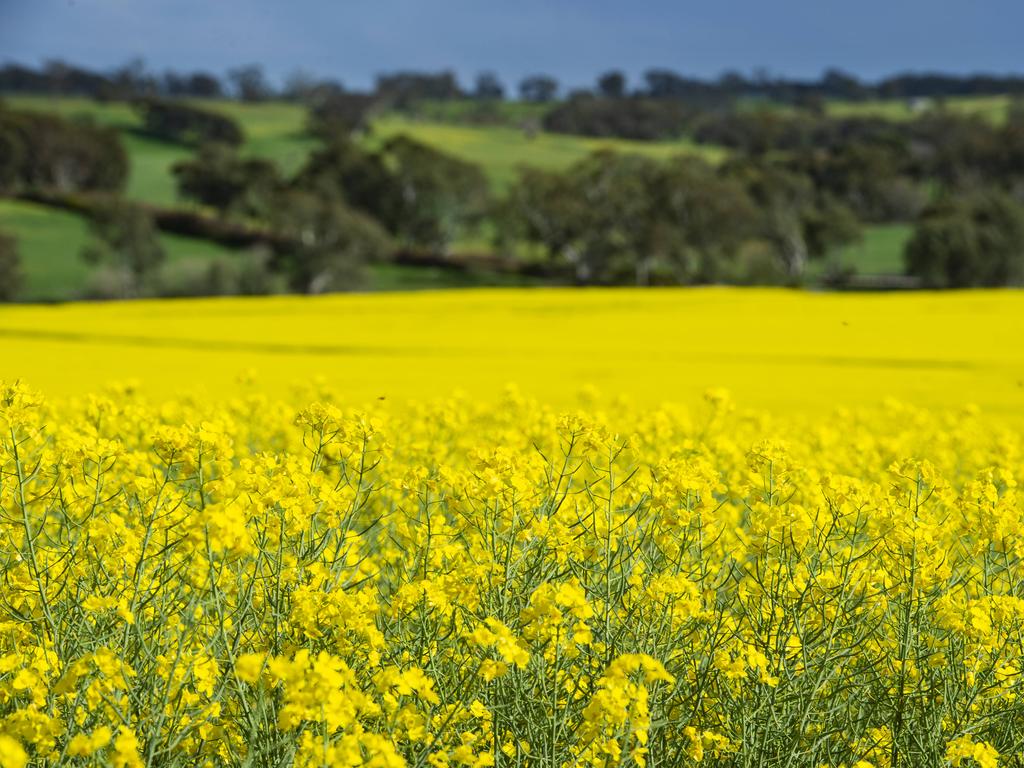
Not even hawking its South American operations for $1.2bn has been enough to maintain Nufarm’s credit rating, with S&P downgrading the crop protection and seeds group a notch to BB-.
Nufarm has been desperately trying to protect its balance sheet, not only saying adios to its South American business but shutting down one of its three Australian factories and curtailing operations in Austria, while suspending its dividend.
It wrote down the value of its European assets last month by $215m amid an “earnings trough” and “elevated” input costs.
But despite CEO Greg Hunt’s cost cutting, S&P says its position is “likely to remain stretched” after it adjusted its debt-to-earnings ratio to 4.8 times, higher than the agency’s downward trigger of 3.5 times.
“In our opinion, consecutive subpar earnings have increased the likelihood that Nufarm‘s credit metrics will remain outside our expectation for the previous BB rating,” S&P said.
“The use of proceeds from the sale of Nufarm’s South American business demonstrates management’s commitment to support the interest of creditors. The company used proceeds from the $1.2bn sale to reduce balance sheet debt to about $980m, from about $1.74bn.
“In addition, the group did not declare a dividend in recognition of the weak operating performance and stretched credit metrics.
“Despite these actions, which we view as prudent and substantial, Nufarm has been unable to restore its credit metrics to levels commensurate with our expectations”
S&P said better profitability across the European operations was needed, while the company remained susceptible to “climatic conditions” despite its geographic diversification.
“We note that climatic conditions have not adhered to historical patterns in recent years. This has heightened Nufarm’s susceptibility, weakening the group’s trading performance.
“In our view, a return to regular weather patterns is likely to support sales demand and improve financial performance across key regions.”
Weather swings have always been a risk of primary production that agribusinesses have managed, but S&P’s mention of the climatic changes not adhering to historical changes raises questions of how ratings agencies will react to other companies, such as Elders and the dairy processors, with exposure to the elements.






To join the conversation, please log in. Don't have an account? Register
Join the conversation, you are commenting as Logout